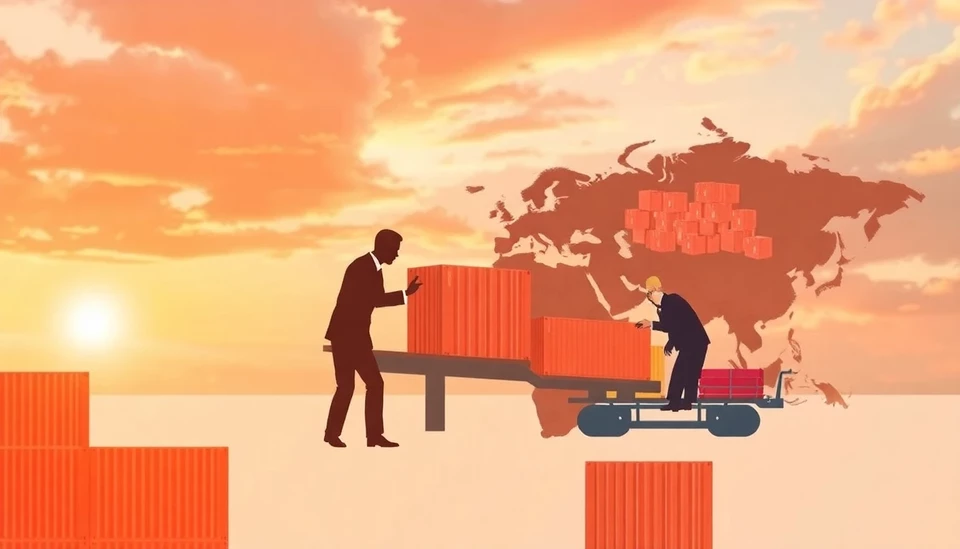
As global economies grapple with ongoing challenges, the supply chain landscape continues to undergo significant transformations. The continuation of geopolitical uncertainties combined with rising costs and shifting consumer demands are forcing companies to rethink their operational strategies.
One of the key factors influencing supply chains is the emergence of "new neutrals" — a term that reflects the changing expectations of consumers and businesses alike. Companies are now prioritizing sustainability, resilience, and adaptability, recognizing that traditional practices can no longer withstand the pressure of today's fast-paced market dynamics. This shift towards new neutrals is not merely a trend but a necessity for long-term survival in the increasingly competitive and unpredictable economic environment.
The geopolitical landscape is also impacting supply chain decisions. Nations are more frequently imposing tariffs and other trade barriers, which complicates the flow of goods across borders. Furthermore, the ongoing tensions between major economies such as the United States and China have led businesses to reconsider their reliance on certain markets. This has initiated a wave of reshoring and diversification strategies, with companies actively seeking local suppliers and alternative markets to mitigate risks associated with international dependency.
Additionally, technology plays a critical role in shaping the future of supply chains. Advancements in artificial intelligence, machine learning, and robotics are revolutionizing operations, enhancing efficiency, and helping organizations respond more swiftly to changing market conditions. Companies that leverage these technologies are better positioned to navigate disruptions and remain competitive in an increasingly complex landscape.
However, implementing these new strategies comes with its own set of challenges. Organizations must balance cost-effectiveness with the need to invest in sustainable practices and digital transformation. This involves not only financial investment but also cultural changes within organizations to embrace innovation and adaptability.
As we look ahead, businesses that succeed will be those that can effectively navigate the dual pressures of geopolitical challenges and the demand for new neutrals. This requires a proactive approach to supply chain management, focusing on resilience, agility, and sustainability. Leaders must remain vigilant and agile, constantly monitoring the landscape for emerging trends and potential disruptions.
In conclusion, the future of global supply chains is being reshaped by a combination of consumer expectations, technological advancements, and geopolitical tensions. Companies that adapt to these changes will not only survive but thrive in the new economic reality.
#SupplyChain #Geopolitics #NewNeutrals #Sustainability #Technology #Resilience #BusinessStrategy #Innovation
Author: Rachel Greene




